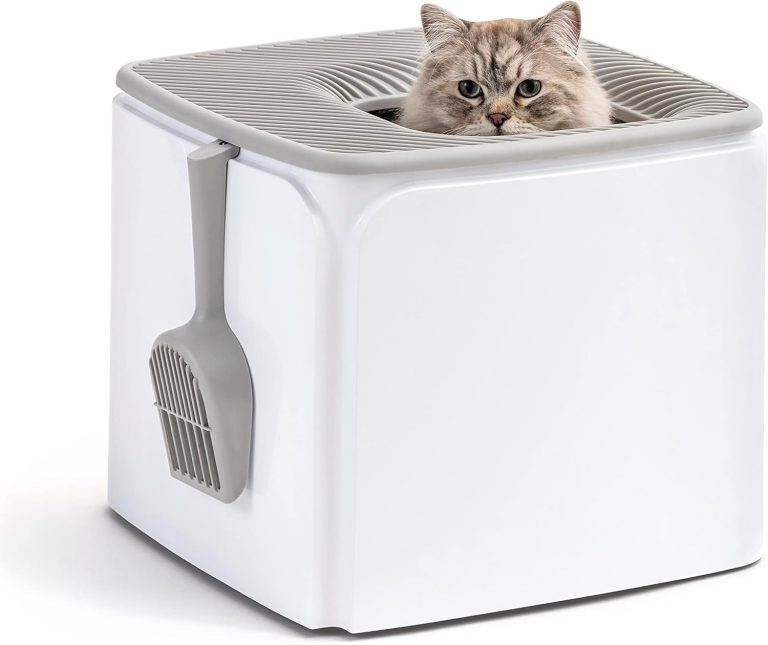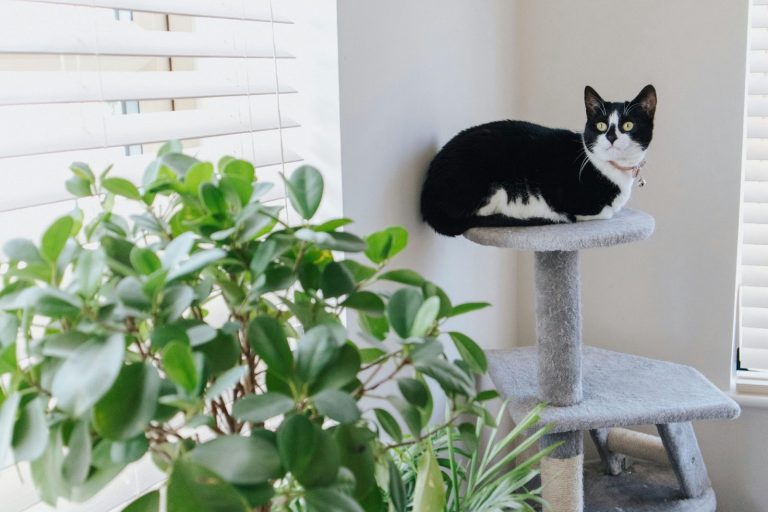Got a Cat? Poison Proof Your Home!
What are the most common toxins for cats? Veterinarian Debora Lichtenberg arms you with the knowledge to poison proof your cat home.

Thank you for subscribing to Petful Recall Alerts. You’ll now receive important pet food recall updates directly in your inbox based on your subscription preferences. You can update those in the footer of the emails we send you.
What are the most common toxins for cats? Veterinarian Debora Lichtenberg arms you with the knowledge to poison proof your cat home.

Dr. Debora Lichtenberg, VMD, is a small animal and exotics veterinarian who has been practicing medicine for over 30 years. A graduate of the University of Pennsylvania School of Veterinary Medicine, Dr. Lichtenberg also trained at the Philadelphia Zoo. She now practices in the New York City area and lives in the West Village with her husband and her rescued pets, Cocoa and OG. Dr. Lichtenberg has been writing for Petful for many years, and she has been recognized with Certificates of Excellence from both the Dog Writers Association of America and the Cat Writers Association of America.
Learn more
Cats are full of surprises, from their powerful purrs to their ancient ancestry. Discover interesting facts about cats that reveal just how extraordinary and mysterious our feline friends truly are.

Allowing your surviving pets to “say goodbye” during pet funeral services might help them — and you — adjust to household changes after a pet’s death.

Tofu cat litter is a plant-based, eco-friendly alternative to traditional litter made from soybean byproducts. It’s biodegradable, low in dust, and naturally controls odor without harsh chemicals. This article explores its benefits, drawbacks, and whether it’s the right choice for your cat and home.

Tired of scattered litter and curious dogs getting into the box? A top entry litter box could be your perfect solution. Learn how these sleek, space-saving designs offer privacy for your cat and cleanliness for your home.

Tired of your dog raiding the litter box? We’ve got solutions! Discover our top 4 recommendations for dog-proof litter boxes designed to keep curious canines out. Say goodbye to messy mishaps and health concerns with these effective options.

A cat tree with a built-in litter box offers a smart, space-saving solution for cat parents. These furniture pieces combine vertical play space, lounging areas, and discreet litter box storage, perfect for smaller homes. They help meet your cat’s needs while blending seamlessly into your home decor.

Don’t leave your pet’s food safety to chance
Sign up for Petful recall alerts today.
Don’t leave your pet’s food safety to chance
Sign up for Petful recall alerts today.

